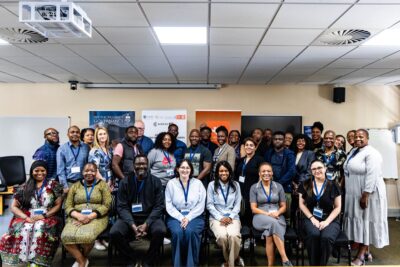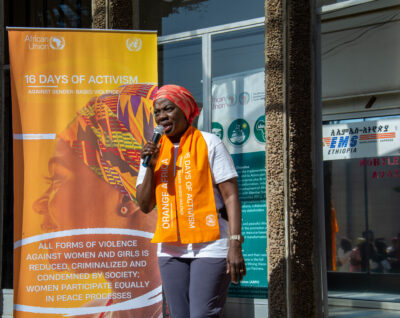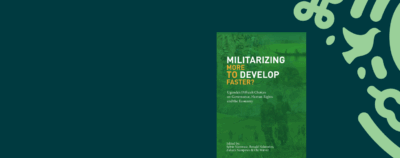Nadia Marzouki’s Islam: An American Religion is one of the most exciting books I have read on Islam in the United States recently. It is, in my opinion, the best available piece of scholarship with which one could think about Islam in contemporary American politics. Multiple arguments run through this rich and nuanced book. But buried beneath the surface of the chronology of the chapters lies a narrative of how anti-Muslim polemics have evolved since 9/11 to shape politics in America today. Marzouki acknowledges that anti-Muslim polemics, “as absurd, burlesque, and shrill as they are,” nonetheless, “produce positive effects” that have shaped American politics, law, and culture since 9/11. Her emphasis is less on outlining their evolution and more on the way they repeat longstanding debates regarding the utility of liberalism in building a diverse political community.
Latest posts
Criticism and catastrophe
Rather than a cosmopolitan space where all national literary traditions can finally cohabitate on an equal footing, world literature is instead, Michael Allan argues, a “global discipline,” in both senses of the…
Worlding with the Rosetta Stone
Throughout his study, Allan's sensitive attention to forms and practices transports us to the constitutive limits of world literature. Questions of exclusion consistently haunt his book: What is lost in the act…
“Only a human encounter . . .”
Winnifred Fallers Sullivan writes the initial response to Nadia Marzouki's Islam: An American Religion in this summer book forum.
The archaeology of a discipline and the discipline to come
 by
Tom McEnaney
by
Tom McEnaney
Michael Allan’s groundbreaking new book In the Shadow of World Literature gives us one of the most moving and powerful models in literary study of “a discipline to come.”
Secularism and the Animist Indigene
 by
Mayanthi L. Fernando
by
Mayanthi L. Fernando
In the prompt that we sent to the authors participating in this forum, Vincent Lloyd and I asked a series of questions about the relationship between indigeneity and secularity: “How is indigeneity articulated within the political and legal language of secularism? Does secularism make certain claims to indigeneity illegible? What might this illegibility suggest about the close linkages between secularism, settler colonialism, and Protestant Christianity? Does the assertion of indigenous identity, of whatever kind, necessarily push against secularism’s ‘immanent frame,’ or are there ways that indigenous identity—and perhaps even the category of indigeneity itself—is a product of secularity?” The essays featured here both attend to and productively exceed these questions in multiple ways.















